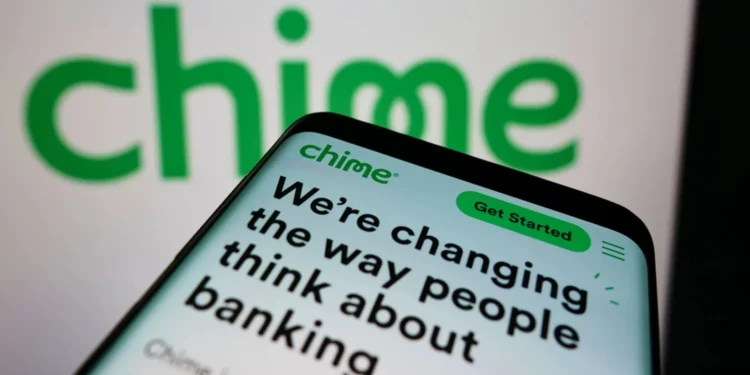Chime’s stock opened at $43, compared with the IPO price of $27, and last traded at $39.90. The digital bank and some of its investors sold 32 million shares to raise $864 million in the IPO.
San Francisco-based company Chime Financial made its highly anticipated Nasdaq debut on Thursday, catapulting its valuation to $18.4 billion, with the digital bank’s shares surging 59%. Chime’s stock opened at $43, compared with the IPO price of $27, and last traded at $39.90.
Due to the precarious economic conditions currently prevailing in the market, investor confidence hit rock bottom, particularly after US President Donald Trump announced his barrage of tariffs on all other countries. The situation appears to be slowly improving, with investors moving cautiously due to the 90-day tariff pause.
Markets are slowly gaining momentum, with more companies from across sectors floating their IPOs after a short period of hesitancy. However, for this momentum to be maintained, while favourable conditions are necessary, confidence can be retained when more companies are willing to take the plunge and engage more actively in the capital markets.
If the present market situation prevails, Chime could reignite confidence among its peers in the fintech industry, which has currently recorded declining pre-pandemic valuations. Market analysts have reiterated that Chime’s strong launch could cause a domino effect, prompting other high-growth firms to hasten their IPO listings.
The digital bank and some of its investors sold 32 million shares to raise $864 million in the IPO. According to Reuters, having raised $750 million in a funding round led by Sequoia Capital Global Equities in 2021, Chime’s last valuation was at $25 billion. Yuri Milner’s DST Global and investment firms General Atlantic and ICONIQ are some of the company’s primary backers.
Major financial service providers like Morgan Stanley, Goldman Sachs and JP Morgan served as the lead underwriters for Chime’s IPO. PitchBook data reveals that the company has raised $2.65 billion from private investors since its inception in 2012.
Financial services companies like Chime have gained popularity, rapidly growing over the past few years, as they offer low-cost, mobile-first financial services, which are appealing to younger customers and underserved consumers. These digital banks have set themselves apart from traditional banks by offering an array of user-friendly services like no-fee accounts, early access to direct deposits and easy-access apps.
These fintech firms earn their revenues mainly through the interchange fees they collect when customers swipe their debit cards. In an interview with Reuters, Chime CEO Chris Britt described the venture as just the surface level of an enormous business opportunity. He added that the company only caters to less than 5% of the 200 million users in the US who earn $100,000 or less a year, which is a portion of the market Chime has targeted, spending close to $520 million last year on marketing.
While the IPO market boomed in 2021, that momentum has since been lost, due to recession fears and surging interest rates. Companies have been delaying their IPO plans as a consequence of plummeting valuations and shrunken investor demand for new issues, causing further jitters in the capital market.
However, that trepidation is slowly waning, with high-growth companies, particularly in crypto and fintech sectors, re-engaging with the market, albeit with much caution. There has been much good news for these companies, as just this week, Stablecoin issuer, Circle debuted went public and enjoyed instant success. Similarly, the space tech firm, Voyager, also made its entry into the IPO market on Wednesday; both companies’ shares more than doubled.
Despite these success stories, IPO and market analysts are signalling caution. Despite the IPO window looking strong for now, Trump’s protectionist policies could hamper its recovery, causing significant losses to these firms. While the tariff pause has pushed investors and private companies to complete their deals, at the end of three months, if Trump tariffs are reinstated, markets could be sent reeling yet again.
Therefore, since crypto exchange Gemini, buy-now-pay-later firm Klarna, and other companies are in the IPO pipelines, their debuts are being monitored closely to assess market responses.

















